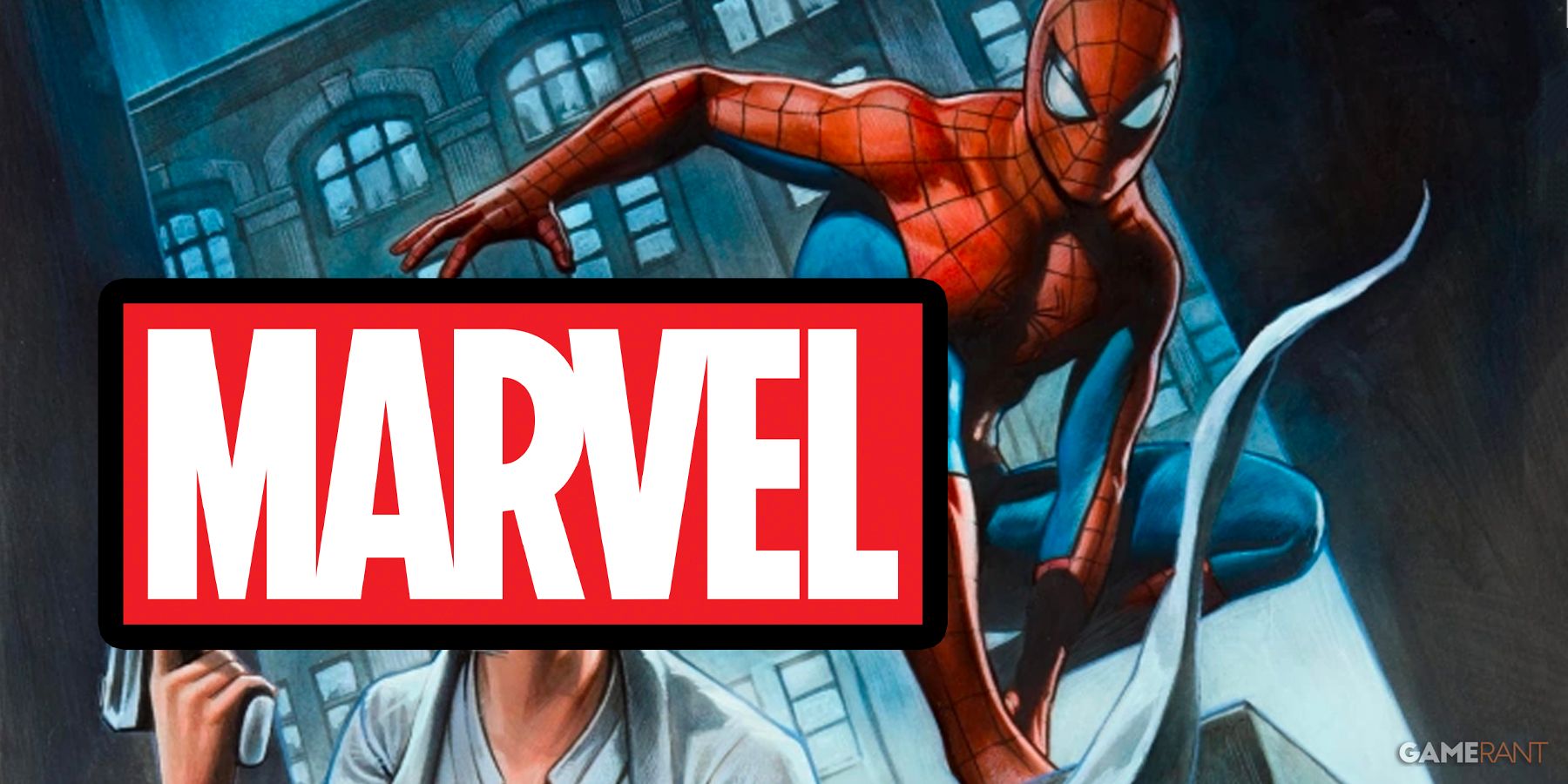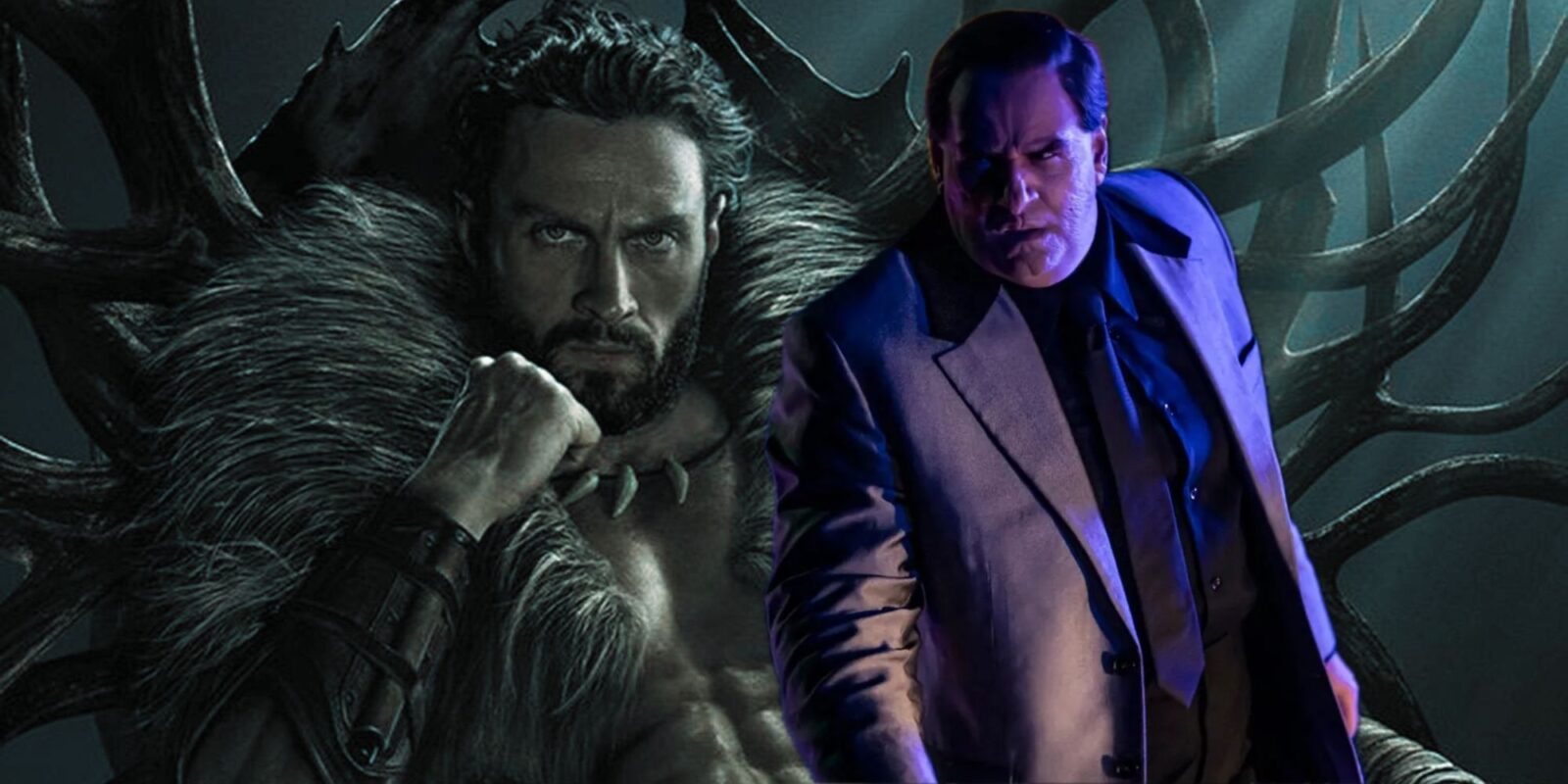Summary
- Sony’s Spider-Man Universe failed due to poor writing, visuals, and a lack of Spider-Man.
- The absence of a central superhero is something The Penguin managed to capitalize on.
- If Sony pursues any further Spider-Man spin-offs, it should take a page out of The Penguin’s book.
Kraven the Hunter just got off the worst box office start of any of Sony’s Marvel films, essentially sounding the death knell for the spin-off Spider-Man universe (SSU). In comparison, Matt Reeves’ The Batman Universe is taking off on the DC side of pop culture, which raises the question of whether Sony’s Spider-Man Universe should’ve followed the same formula.
Sony has long held the rights to the Spider-Man character, which resulted in a landmark deal between the company and Marvel Studios to lend the web-slinger to the MCU for his appearances by Tom Holland. While Spider-Man was off in the MCU, Sony was not prepared to let the character’s wealth of comic book history lie dormant and began creating its own Spider-Man adjacent superhero universe, featuring the Marvel superhero’s roster of adversaries. It began in 2018 with Tom Hardy’s first Venom film, which continued with two more films, Venom: Let There Be Carnage (2021), and Venom: The Last Dance (2024). The studio then moved forward on origin stories of other Spider-Man villains including Morbius (2023), Madame Web (2024), and Kraven the Hunter (2024).

Related
Another Sony Spider-Man Project Looks Like It’s Been Shut Down
A Spider-Man spinoff movie at Sony has seemingly been canceled, as even the project’s former writer is unsure of its current status.
Why Sony’s Spider-Man Universe Failed
Despite stacking its films with A-list cast members and popular comic book characters, Sony’s Spider-Man universe failed to take off in the same way as the MCU or DCU. While the Venom films performed modestly at the box office, none of them were as highly reviewed as the Spider-Man films, and no other SSU film managed to leave an impact critically or financially. Across the board, the SSU movies were criticized for poor writing, wooden dialogue, and lackluster visual effects. Not to mention the films were expensive to make, with all of them sitting in the $75 – $100 million plus range.
Sony tried to replicate the superhero cinematic universe formula by treating its comic book villains as heroes, and it simply didn’t work without Spider-Man to unite them all.
Audience reception is the major determining factor in the decline of the SSU, but it’s also important to remember that the films were facing headwinds from the start. Each of the protagonists in Sony’s SSU films is known for being an adversary of Spider-Man. Their character development was intricately linked to their relationships with Spider-Man and without the webslinger appearing in any of their movies, it made them much harder to attach to. Sony tried to replicate the superhero cinematic universe formula by treating its comic book villains as heroes, and it simply didn’t work without Spider-Man to unite them all.
What The Penguin Did Right
While the lack of a mainline superhero was the SSU’s downfall, it’s not a problem that DC’s The Penguin faced. The HBO series was a spin-off of Matt Reeve’s The Batman movie from 2022, focusing on the rise to power of Colin Farrell’s Penguin. Despite being a direct sequel to The Batman and existing in the same world with the same characters, the series was completely devoid of Robert Pattinson’s Batman. The Penguin was able to successfully create a compelling story arc for Oswald Cobb outside of his relationship with Batman and set him up as an intimidating villain for any future appearances in the franchise.
The Penguin Acknowledged That Its Lead Characters Were Villains
The Penguin also wasn’t afraid to shy away from the villainous side of Oz. The character was selfish, manipulative, and cruel, but also grounded in reality thanks to the way the series set up his backstory. Despite attempting this in many different ways in the SSU, the movie’s characters were rarely sympathetic and were often positioned as the hero of the story rather than digging into the how and why of their nefarious deeds. Villains can often be the more interesting characters in a story to dig into, and nothing proved that more than The Penguin. Another thing The Penguin did successfully was it adhered to a specific style and tone. Despite being made for television, The Penguin felt like a natural extension of the world that Reeves created in The Batman and helped expand the story toward a common vision.
How Sony Could Learn From The Penguin’s Success
With the benefit of hindsight, it’s easy to identify some routes that Sony should’ve gone with its SSU. For starters, the cinematic universe lacked a cohesive vision. At some points, it seemed like the plan was to introduce enough Spider-Man villains to form a Sinister Six-type team-up, but there was never enough connective tissue between each of the films to entice viewers to watch them all. On the DC side, while Reeves’ The Batman universe sits outside the main canon of the DCU, there does seem to be a clear vision that the trilogy and its expansions are working towards, with Reeves helping to creatively guide each of the projects.
Another tactic the SSU could’ve taken is to introduce solo movies or spin-offs after the character has been established in another project. The Penguin was successful as fans already had some idea of who Oz was thanks to his role in The Batman. Therefore, when The Penguin came around, audiences were more likely to invest in his story. If Kraven or Morbius had been introduced in an MCU film or even in one of the other SSU films before earning their solo film, perhaps the outcome would have been different.
If Kraven or Morbius had been introduced in an MCU film, or even in one of the other SSU films, before earning their solo film, perhaps the outcome would have been different.
While Kraven the Hunter is seemingly the end of this road for Sony, the studio appears to still be focused on using the Spider-Man IP to its full extent, such as with the Spider-Noir TV series that is in production at the moment. A switch of tactics to the television format is perhaps something that will aid this new endeavor by Sony. If nothing else, the studio should look to the success of The Penguin as a way to successfully expand any future Spider-Man projects.













Leave a Reply